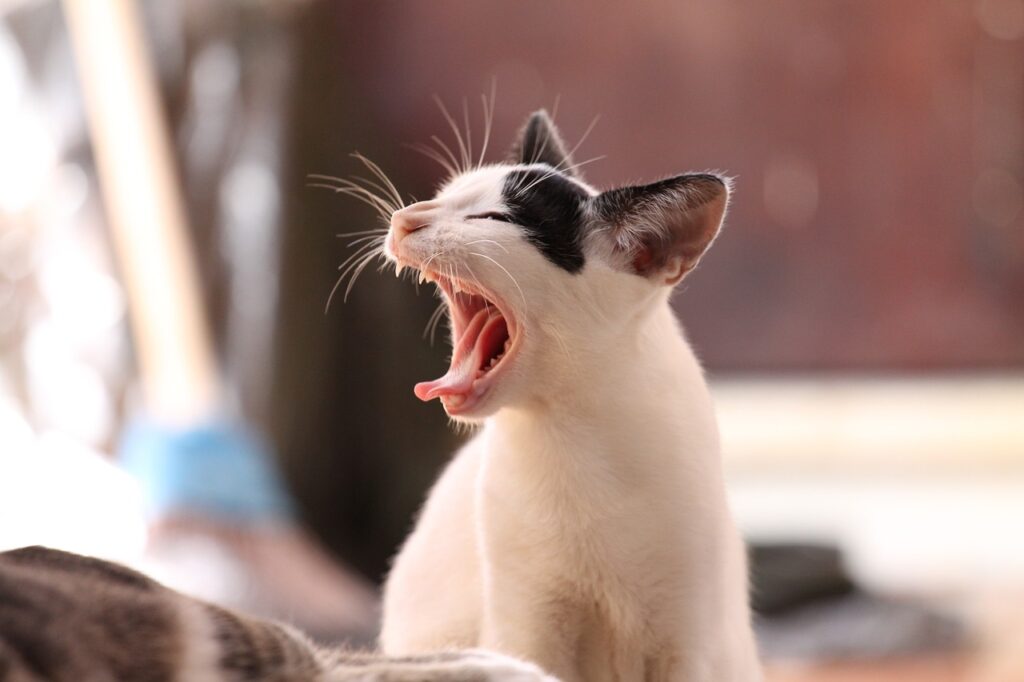Can Cats Eat Mint? – No, They Can’t
When pondering upon the herbs that cats might nibble on, you may wonder about mint. The outright answer here is a resounding no – cats should not eat mint. While mint’s fresh aroma can catch the attention of your furry friend, it’s important to know that certain types of mint, like peppermint, can be especially harmful to cats.
Is It Safe for Kittens to Consume Mint?
Kittens, with their developing bodies and unique nutritional needs, should definitely not consume mint. Their little systems are even more sensitive than adult cats, therefore exposure to mint can be more dangerous.
Risks Associated with Feeding Mint to Kittens
Kittens may experience gastrointestinal upset, including diarrhea and vomiting, if they ingest mint. Moreover, due to their smaller size and less developed liver, they cannot effectively process compounds that are found in mint, which could lead to more severe symptoms of toxicity.
Why Mint is Not Recommended for Cats
Contains Essential Oils
Mint contains essential oils that can be toxic to cats. These oils can lead to liver damage or worse if ingested in significant amounts. Cats lack certain enzymes in their liver that are necessary to break down these compounds, hence the toxicity.
Upsets the Digestive System
Although mint is widely used in human cuisine and medicine for its digestive benefits, in cats it has the opposite effect. Eating mint can cause your cat digestive distress, resulting in symptoms like vomiting or diarrhea.
Risk of Mint Poisoning
There is also the potential risk of mint poisoning, which can manifest through symptoms such as lethargy, changes in behavior, or trouble breathing. If a cat ingests a large amount of mint, immediate veterinary attention is required.
Known Health Issues in Cats from Consuming Mint
Cats that consume mint may suffer from gastrointestinal problems, central nervous system depression, and potentially, liver damage. Cats can also develop an aversion to food if they associate the consumption of mint with the unpleasant experience of being sick.
What to Do If a Cat Has Consumed Mint?
- Monitor Your Cat: Keep an eye on their behavior and look out for any signs of illness. If they appear unwell, move to the next steps.
- Contact Your Veterinarian: If you suspect your cat has consumed a considerable amount of mint or is showing symptoms of poisoning, consult your vet immediately.
- Provide Supportive Care: Based on your vet’s advice, you may need to administer medications or provide supportive care at home following exposure to mint.
Safe Alternatives to Mint for Cats
To ensure your cat can enjoy the sensation of nibbling on plants safely, consider cat-safe options like catnip or cat grass. These are non-toxic and can even provide beneficial effects for your cat’s health and wellbeing.
Conclusion
In conclusion, while mint’s aroma may be enticing to cats, it’s clear that the risks far outweigh any perceived benefits. Protecting your feline from these dangers is straightforward—keep mint out of reach, and offer safe plant alternatives instead. Your vigilant care ensures your cat remains healthy and happy.



